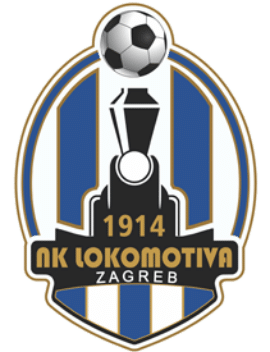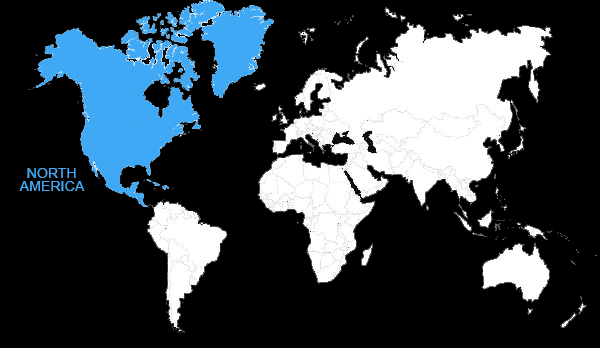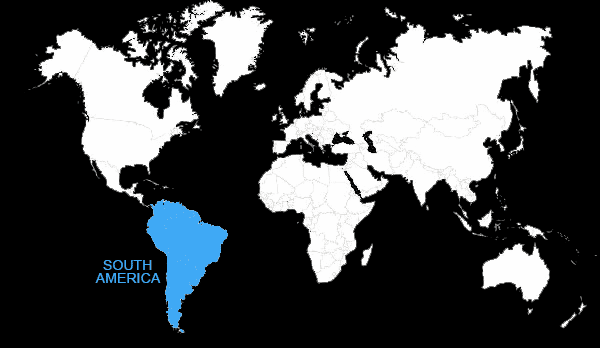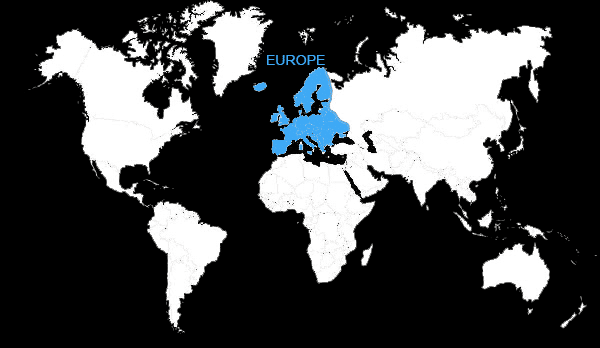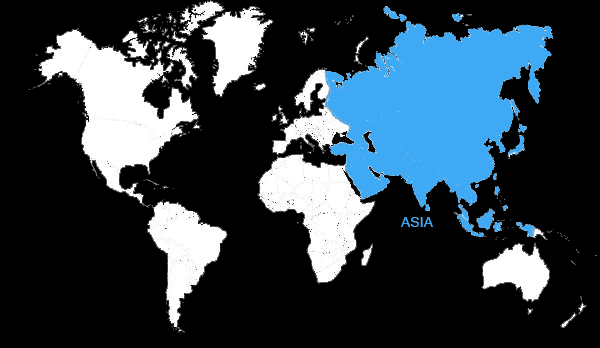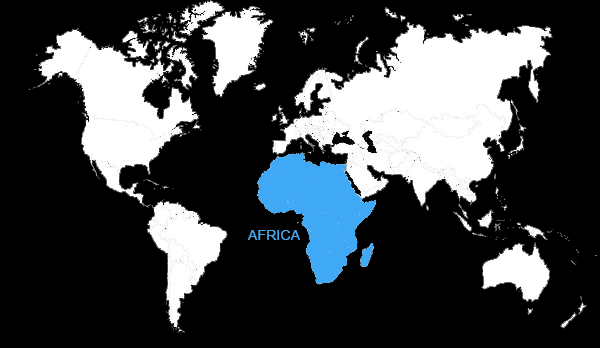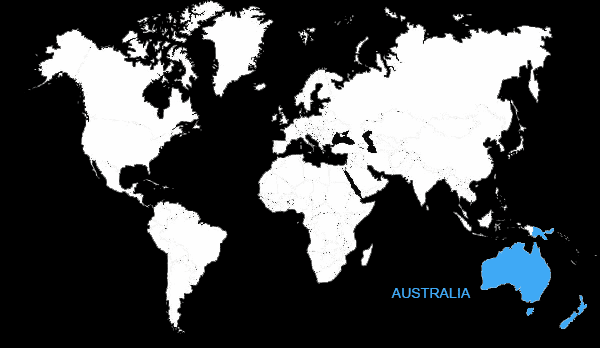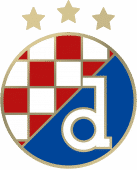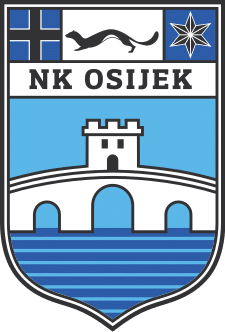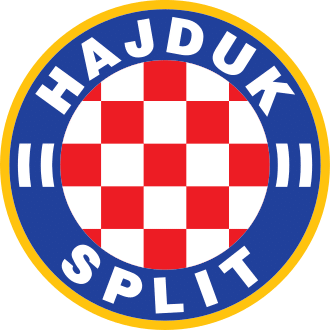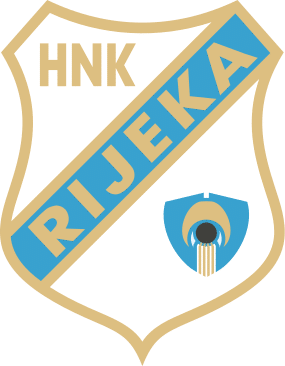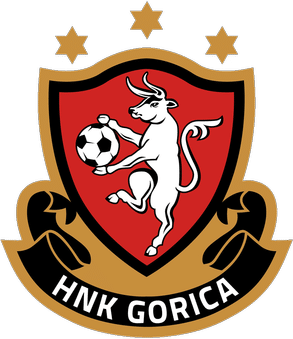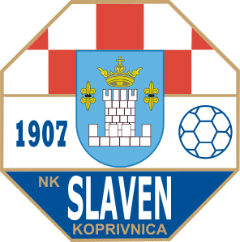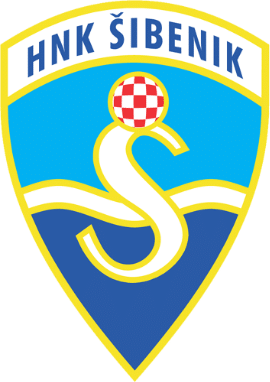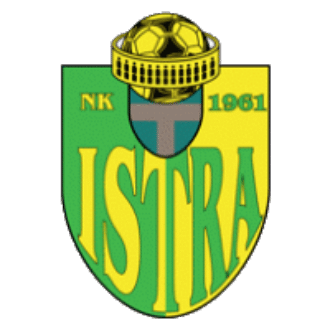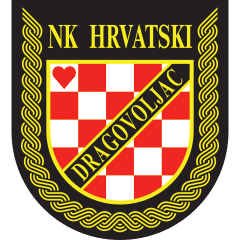NK Lokomotiva Zagreb Tryouts & Club Guide: History, Stadium, Players, and More!

Welcome!
Discover the world of soccer with fcscout.com, your go-to scout for club tryout information, club guides, player profiles, in-depth product reviews, and more. We’re dedicated to exploring and revealing the best in each domain, empowering you with knowledge to make informed choices.
Thank you for being here!
Hi, I’m Carlos! A coach, sports enthusiast, and the founder of FCScout.com.
I fell in love with the game at a very young age like many of you. I’ve been following and playing soccer for many years.
Throughout my career, I always enjoyed helping soccer players chase their dreams, which is why I started this website. I wanted to reach a larger audience outside of my local area and fcscout.com was born.
This website is a platform I will be using to update club pages on any tryouts, stadiums, players, tech, and more from clubs around the world. I also create free recruitment profiles for players looking to have that extra competitive edge when reaching out to clubs.
That’s it. That’s my pitch for you to stick around (or browse the site as you please).
This is already too much text for a “see more” drop-down button thing. If you want to reach out to me, head on over to my contact page 🙂
Nogometni klub Lokomotiva Zagreb commonly known as Lokomotiva Zagreb or simply Lokomotiva, is a Croatian professional football club based in Zagreb. It competes in the Croatian First Football League, the country’s top division.
Lokomotiva Zagreb Youth Development System
Lokomotiva Football School bases its sports vision on the development and training of young players and the improvement of their talent. Our goal is to create players by properly developing their technical, tactical and moral values.
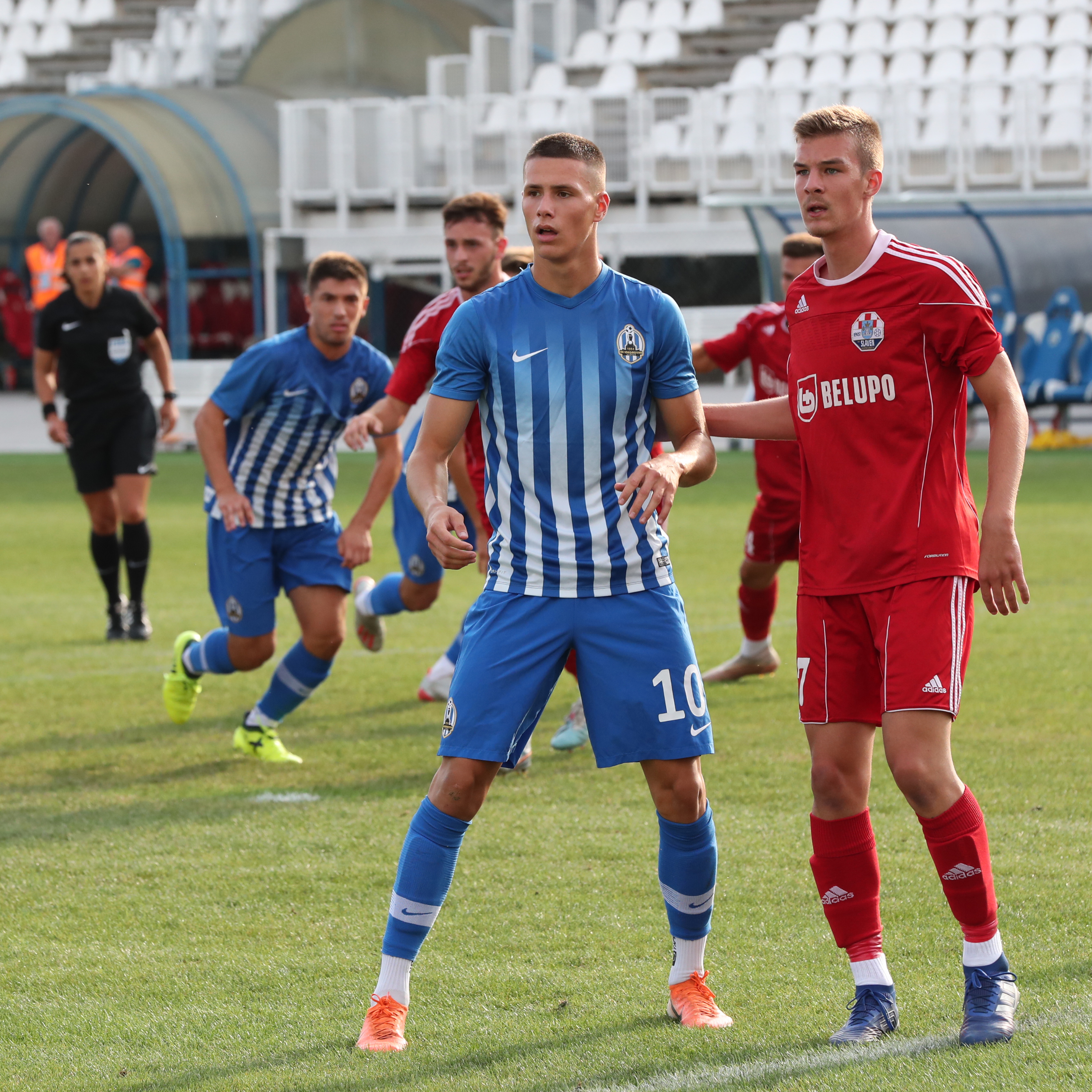
In our football school, in dedicated work with students, developing a competitive spirit and encouraging healthy competition through 12 age selections work licensed and educated coaches who impart knowledge to students using the latest methods of work.
Sports successes are an integral part of sports and we are proud of the fact that a large number of trophies “live” in our showcases. That our sports vision makes sense is shown by the last result that we are especially proud of and that we are happy to point out – winning the 1st HNL for juniors and placement in the Junior Youth League under the auspices of UEFA.
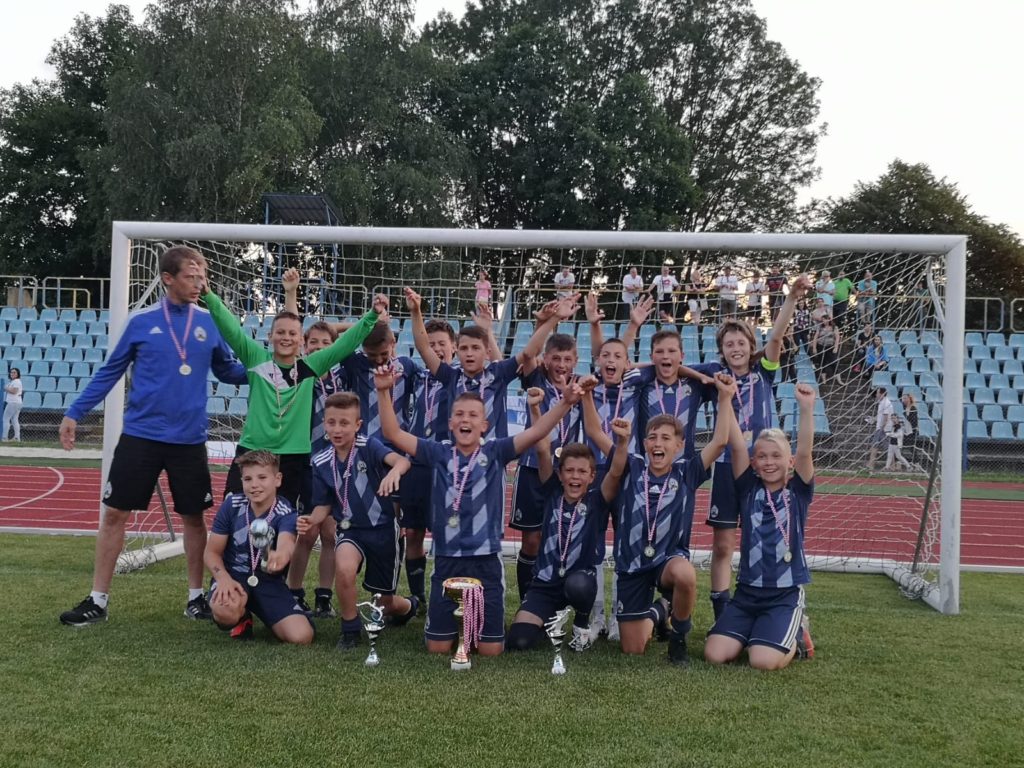
The quality and perspective of our school have been recognized by many eminent foreign clubs that regularly invite us to their international tournaments. We are also organizing one of the most prestigious in this part of Europe – the international memorial U15 tournament “Mijo Etlinger”. After all the above, we can rightly point out that we are the most promising football school in Croatia.
NK Lokomotiva football school works on a professional level with a strict selection of the best children from Zagreb and the surrounding area, the Republic of Croatia and abroad. However, in order to remain accessible to all citizens, the club has an Open School, which can be joined daily by young people from Zagreb who want physical activity and recreation. Groups by age, boys and girls train at Kajzerica two to three times a week in the afternoon, and on weekends they participate in tournaments throughout Zagreb.
Lokomotiva Zagreb Recruitment Trials
At the time of this writing, there is no official publishing’s on Lokomotiva Zagreb trials. Please come back at a later date while we monitor this club or click here to visit their official news section.
EXPLORE MORE CLUBS!
Explore more professional clubs by continent.
Lokomotiva Zagreb History
In 1914, NK Lokomotiva was initially established as K Victoria. The club’s name was changed to eljezniar after World War I, and it was under that moniker that they participated in competitions between the wars. At that time, they were primarily obscured by the greater prominence of the city’s more established nightclubs such as Graanski, Concordia, and HAK. Only during the 1940–1941 season did they compete in the highest division.
After being renamed Lokomotiva in 1945, the club went on to have some of its most successful years shortly thereafter. They participated in the Yugoslav First League consistently for eight seasons, from 1947 until 1955. Their best finish in the league came in 1952, when they came in third place, behind Hajduk Split and Red Star Belgrade. Vladimir on, Vladimir Firm, Drago Hmelina, Franjo Beserdi, and Oto Bobek, younger brother of the renowned Stjepan Bobek, were some of the players that were active during that time period.
They were champions of the Yugoslav Second League in 1956, but they were demoted from the Yugoslav First League for the second time in the summer of 1957, and they were never promoted again to the highest level of play in Yugoslavia. They competed in the Yugoslav Second League until the year 1970, and they also participated in the Yugoslav Inter-Republic League during the final few years of Yugoslavia’s existence before it broke up. After the independence of Croatia and the establishment of the Prva HNL in 1991, Lokomotiva competed in the lower divisions of Croatian football, spending the most of their time in the Trea HNL.
Dinamo Zagreb’s junior squad, Dinamo Lokomotiva, was formed in 2006, the same year that Lokomotiva was demoted to the fourth level. This spawned a story of one of the most amazing ascent through the leagues in Croatian football, which eventually led to the player becoming a national team player. Lokomotiva finished in first place in the etvrta HNL in the 2006–07 season, in second place in the Trea HNL in the 2007–08 season, and in third place in the Druga HNL in the 2008–09 season.
As a result, they were promoted to the next level after each of the next three seasons. As a result of Lokomotiva’s promotion from the second division to the first division of Croatian football in 2009, the club was able to play in the top tier of the competition for the first time in fifty-two years during the 2009–10 campaign. The squad overcame a slow start in the league and finished in a respectable eighth place out of a total of sixteen teams.
Notable victories included a 4–2 victory away over NK Zagreb, a 3–0 victory at home over Rijeka, and a 2–1 victory over Hajduk Split. Nino Bule, who finished with 14 goals, was their team’s leading scorer. They legally severed their relationship to Dinamo Zagreb in order to comply with the regulations that prohibit second sides from competing in the same tier.
They played their games in Stadion Maksimir in order to meet the requirements for the Prva HNL. After that, they moved their games to Stadion Kranjeviceva, which is now the club’s home stadium. The Kajzerica district is home to the club’s headquarters as well as its areas for the younger teams. The Lokomotiva team had one of their most successful seasons in recent memory in the 2012–2013 campaign.
They came in second place, finishing ahead of teams like Rijeka, Hajduk Split, and RNK Split. Andrej Kramari, a rising talent who was playing for Dinamo Zagreb on loan, ended up finishing in second place in the scoring statistics with 15 goals. As a result of their finish in second place, Lokomotiva advanced to the second qualifying round of the UEFA Europa League for the 2013–14 season. The team’s first match in Europe was against FC Dinamo Minsk, and they were defeated by the away goals rule. They had won their match away from home by a score of 2–1, but they were defeated at home by a score of 3–2.
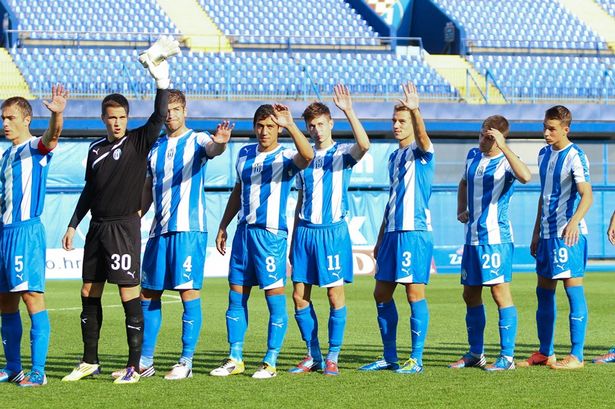
After establishing themselves as a team in the 1. HNL, Lokomotiva finished in fourth to sixth place in each of the subsequent six seasons. The team won their first European aggregate match against Airbus UK Broughton F.C. in the 2015–16 UEFA Europa League. In the 2016–17 UEFA Europa League, the club advanced through three levels of qualifying rounds before falling 4–2 to K.R.C. Genk of the Belgian Pro League in the playoff round.
The 2019–20 season was interrupted by the pandemic; however, Lokomotiva had its best season ever, finishing in second place in the league and as runners-up in the Croatian Football Cup, losing the championship match to Rijeka by a score of 1-0. This was the best season in Lokomotiva’s history. Because of this improvement in Croatia’s UEFA Ranking, Lokomotiva qualified for the UEFA Champions League qualifying rounds for the first time in its history, and it was paired against SK Rapid Wien in the second qualifying round. This was the first time that Lokomotiva had ever done so.
Lokomotiva Zagreb Stadium
The multi-purpose Stadion u Kranjevicevoj ulici, also known as Stadion Concordije between the years 1921 and 1945, can be found in the Trenjevka suburb of Zagreb, the capital of Croatia. Its primary purpose is to host football matches, and for much of its history, it served as the home turf for NK Zagreb, who were ultimately kicked from the field in 2018.
In more recent times, the stadium has served as the primary venue for the matches that NK Lokomotiva play in the Croatian First League. In addition, NK Rud use the stadium for certain of their matches, most notably those that are played in the Croatian First League.
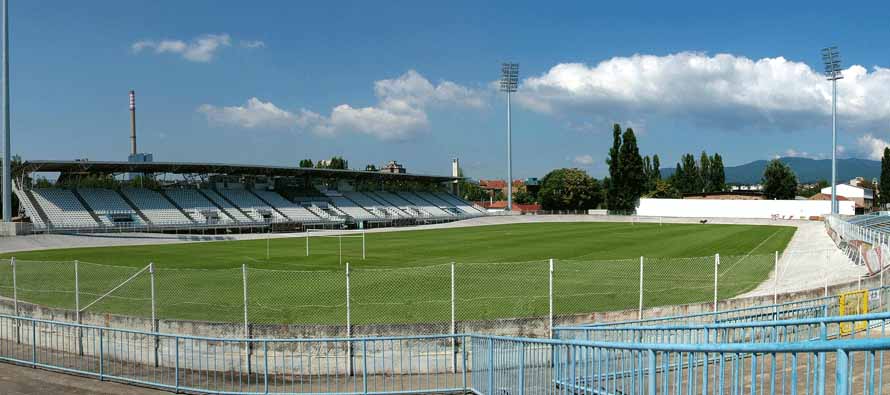
It was initially opened in 1921, and since then, it has had a number of restorations and facelifts. Its current layout dates back to the refurbishment that took place during the 1987 Summer Universiade. On March 13, 1996, the Croatian national football team visited the stadium for the first and only time, defeating South Korea in a friendly match by a score of 3-0.
In spite of the fact that its capacity has been cut in half since 2008, the stadium can still accommodate 8,850 spectators, making it Zagreb’s second-largest stadium after Stadion Maksimir. The stadium underwent renovations in 2018, including the installation of chairs in the eastern grandstand as well as the addition of a new hybrid lawn; as a result, the stadium now has a capacity of 5,350 seats.
